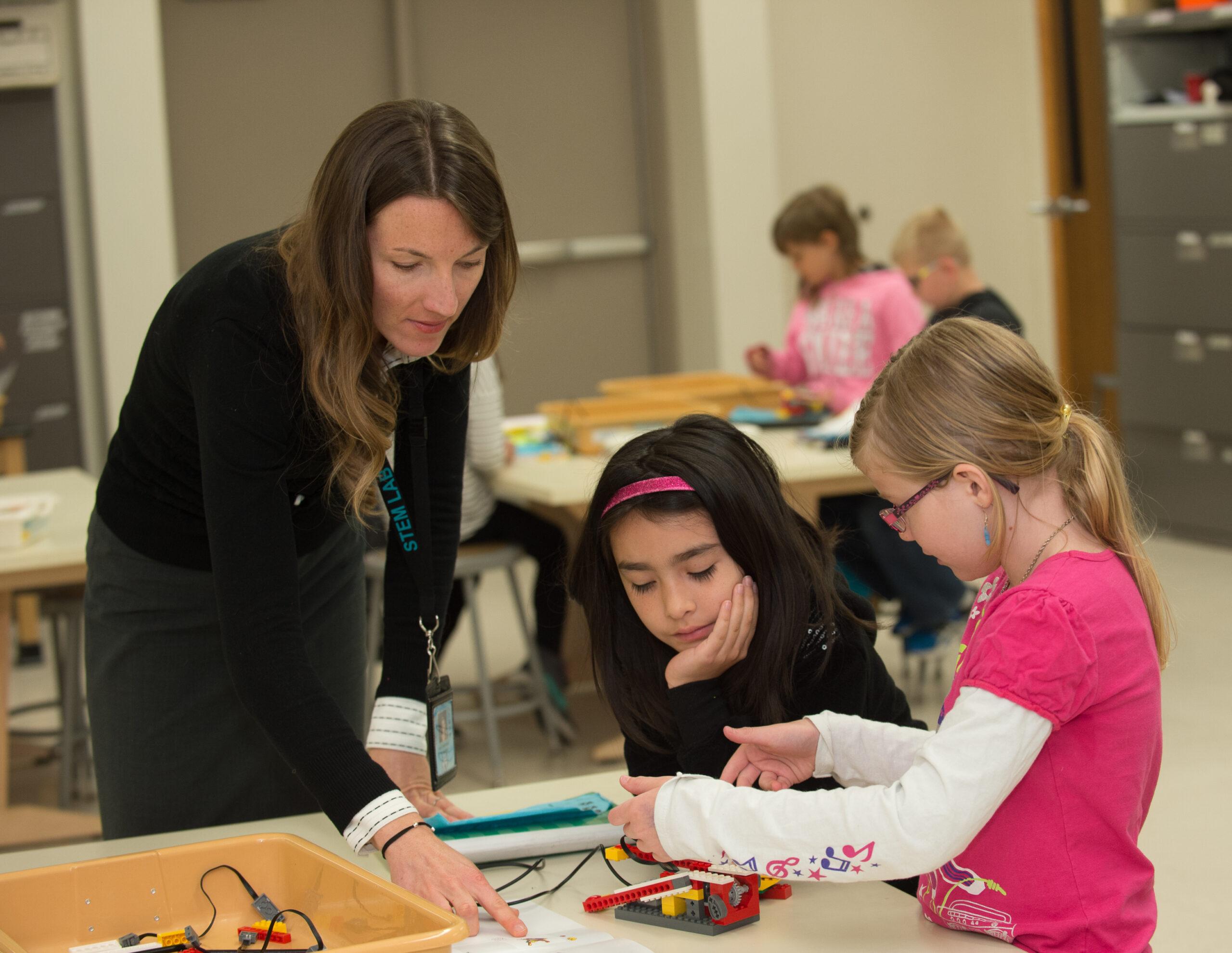Teacher Registered Apprenticeship Programs
The mission of teacher residency programs and teacher registered apprenticeship programs are the same—to provide an accessible pathway for aspiring teachers to enter the workforce.
NCTR offers consulting services to school districts, charter schools, institutions of higher education, states, and new and existing teacher residency programs interested in designing and/or modifying teacher preparation programs to becoming a teacher registered apprenticeship program through RDA or NCTR’s Network.
Become a Teacher Registered Apprenticeship Program with Support from NCTR
A teacher registered apprenticeship program is a work-based learning system—codified by the United States Department of Labor (DOL) in November 2021—designed to serve as an innovative and additional teacher preparation pathway for aspiring teachers to become teachers of record. Similar to NCTR’s teacher residency model, a teacher registered apprenticeship program centers the clinical experience ensuring that apprentices get the practical experience they need to be ready on day one to be effective teachers.
Teacher registered apprenticeships include on-the-job training with a mentor teacher (also called a journey worker in labor terms) and related coursework while ensuring teacher apprentices earn while they learn and are provided a progressive wage during their teacher preparation. Just like teacher residency programs, teacher registered apprenticeship programs are designed to be rooted in a partnership between a coursework provider (an approved education preparation provider) and an employer (school or school district). NCTR’s teacher residency model centers this partnership. In fact, it is named in NCTR’s Levers for Teacher Residencies, standards that support the design, launch, and sustainability of a high-quality teacher residency program.
School districts, institutions of higher education, states, charter schools, and teacher residency programs can apply to become teacher registered apprenticeship programs with support from NCTR.

Katherine Klaven is a teacher resident at PEBC Teacher Residency.
Teacher residency programs and registered apprenticeship programs have many elements in common:
| NCTR’s Teacher Residency Model | Registered Apprenticeship Programs | |
| Building Partnerships | Primarily partner with K-12 school districts as well as institutions of higher education. | Partner with employers, workforce development boards and apprenticeship offices, instruction providers, collective bargaining units and other groups. |
| Experiential Learning with Mentor Guidance | Teacher residents teach and learn alongside an experienced mentor teacher in a P-12 classroom for a full year with the opportunity to apply what they’ve learned through their coursework. | Apprenticeship programs provide structured on-the-job training with instruction from an experienced journey worker (mentor) in the field. |
| Related Instruction | Teacher residency programs integrate teacher preparation coursework with training in the classroom as part of their curriculum. | Apprentices are provided supplemental classroom education based on the employer’s training needs. |
| Progressive Wage Schedule and Other Financial Support | In NCTR’s model, teacher residency programs provide a stipend to teacher residents as well as access to other financial support that covers the costs of exam and licensing fees. | Apprentices can earn a wage that increases at least once as their skills increase. |
| License or Credential Opportunity | Graduates of a teacher residency program earn their teaching license to become a teacher of record. | Apprentices who complete the program earn a nationally-recognized credential within their industry. For teachers, they would earn a teaching license. |
We Can Support Your Consulting Needs
Learn how we support teacher residencies toward becoming teacher registered apprenticeship programs.
Read our FAQs
Read our frequently asked questions to learn more about teacher registered apprenticeship programs.